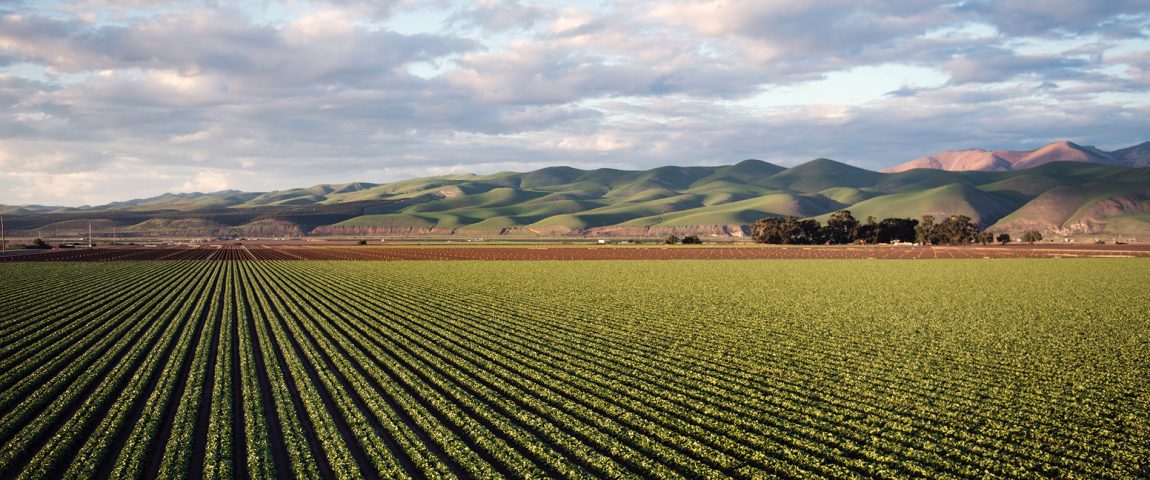
High Value Crop Production
Specialty Agriculture Clients report yield increase of 100% or more with only 2% Biochar in the root zone.
Research confirms biochar-enriched soils grow larger, healthier plants with greater yields, particularly in degraded or highly-weathered soils. In fact, Biochar Now users typically report their costs of biochar are paid off during the first year by increased yield revenues.
Increases in soil fertility are attributable to biochar’s unique properties of adsorption and stability. Compared to other organic soil amendments, biochar is much more effective at retaining nutrients and keeping them available to plants. It maintains a porous structure, which attracts beneficial microbes, holds onto nutrients, retains moisture – qualities that increase fertilizer efficiency and enhance crop yield, while reducing the need to irrigate. And biochar is much more stable in the environment than any other form of organic matter.
SUPPORTING SUSTAINABLE AGRICULTURE
Research shows biochar has several effects in soil including:
– Increased water infiltration and water holding capacity
– Improved soil structure, tilth and stability
– Increased cation exchange capacity (CEC)
– Increased adsorption of ammonium, nitrate, phosphate, and calcium ions
– Increased nutrient retention over ordinary organic matter
– Improved soil pH buffering and stability
– Increased soil biology and diversity
– Enhanced, denser root development
– Reduced fertilizer runoff, especially nitrogen and phosphorus
– Reduced total fertilizer requirements
– Decreased emissions of nitrous oxide by 50-80%
All in all, this powerful soil amendment can be a significant tool to increase food security and crop diversity, particularly in areas with depleted soils, limited organic resources, and scarce water. The increased soil fertility and agricultural yields from the use of biochar may also decrease the need for further deforestation for agricultural purposes.

